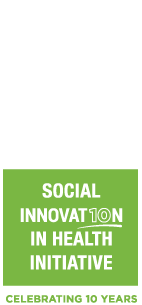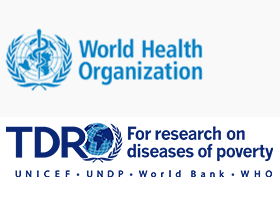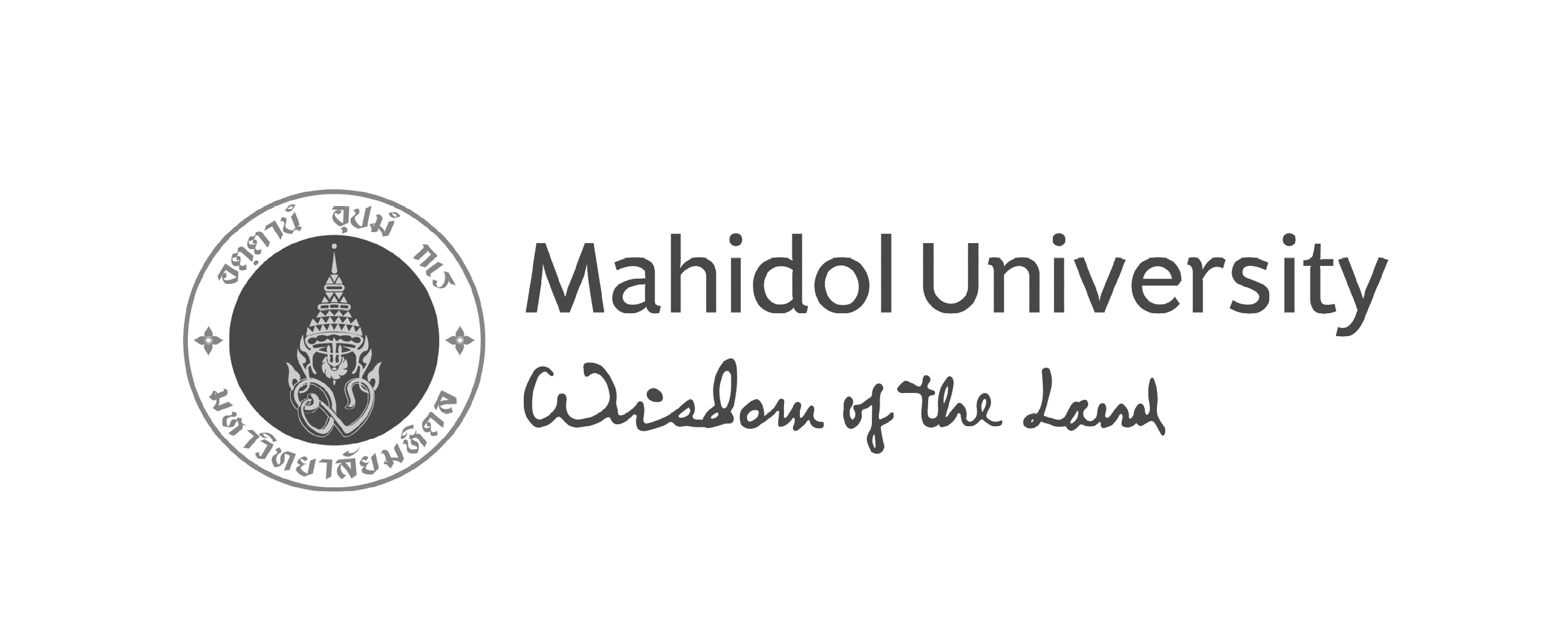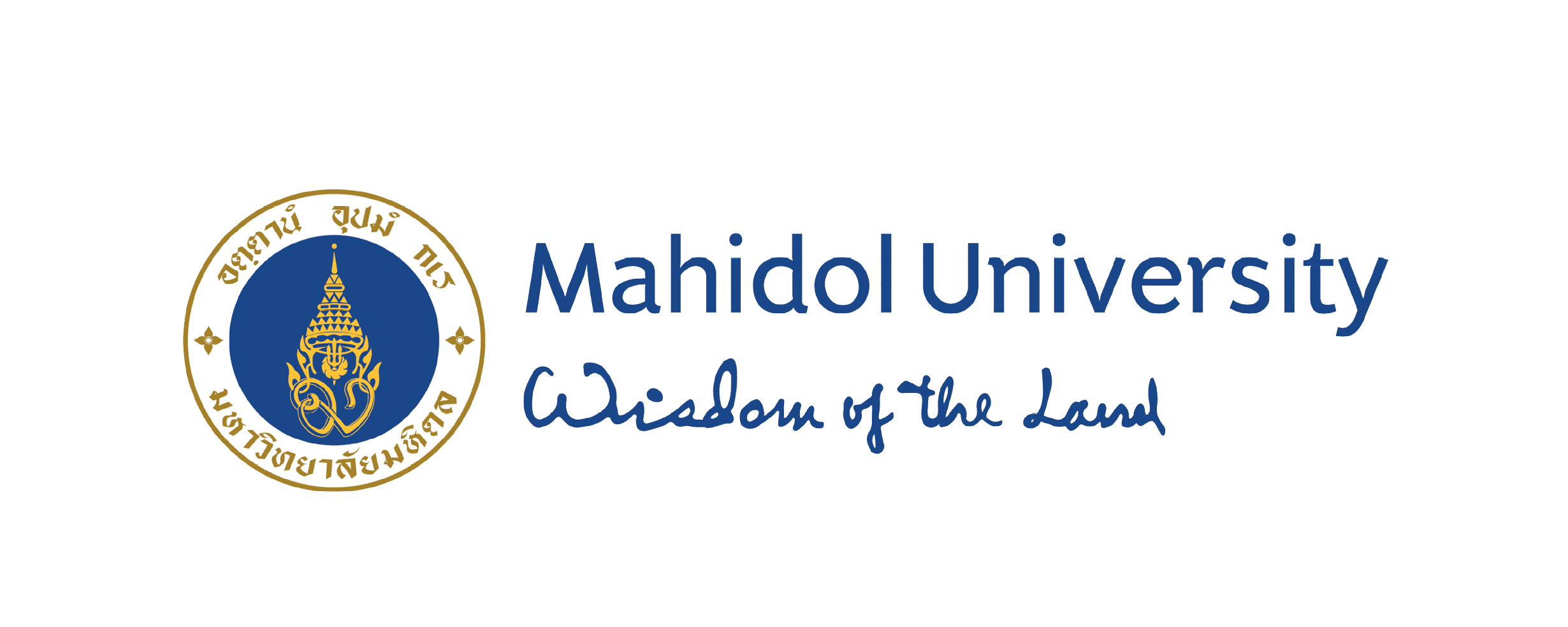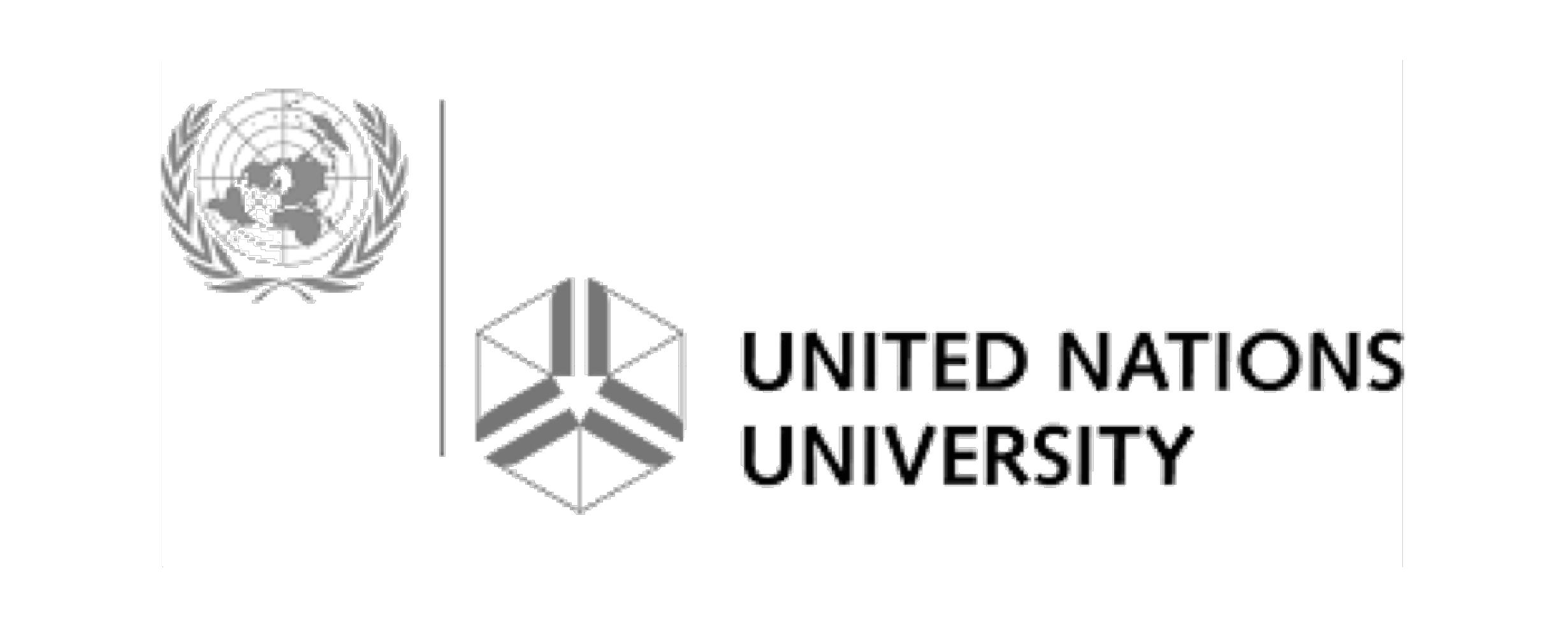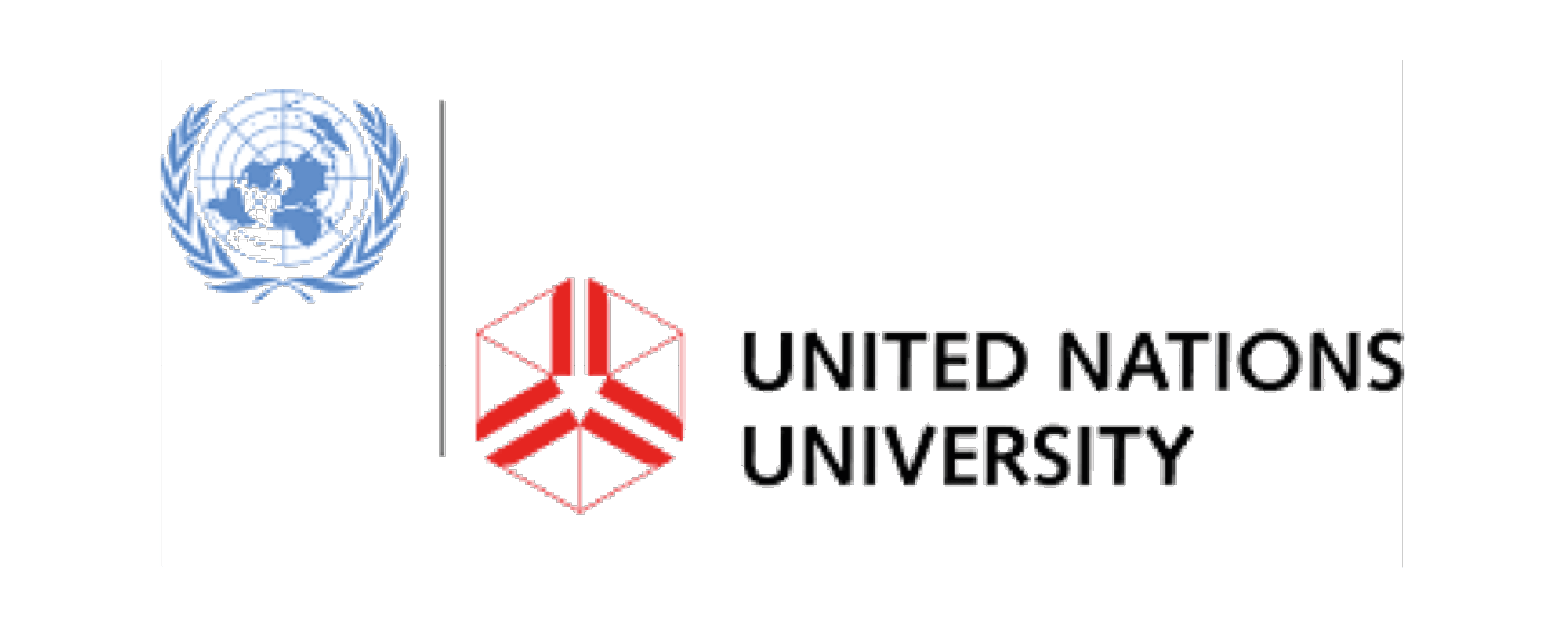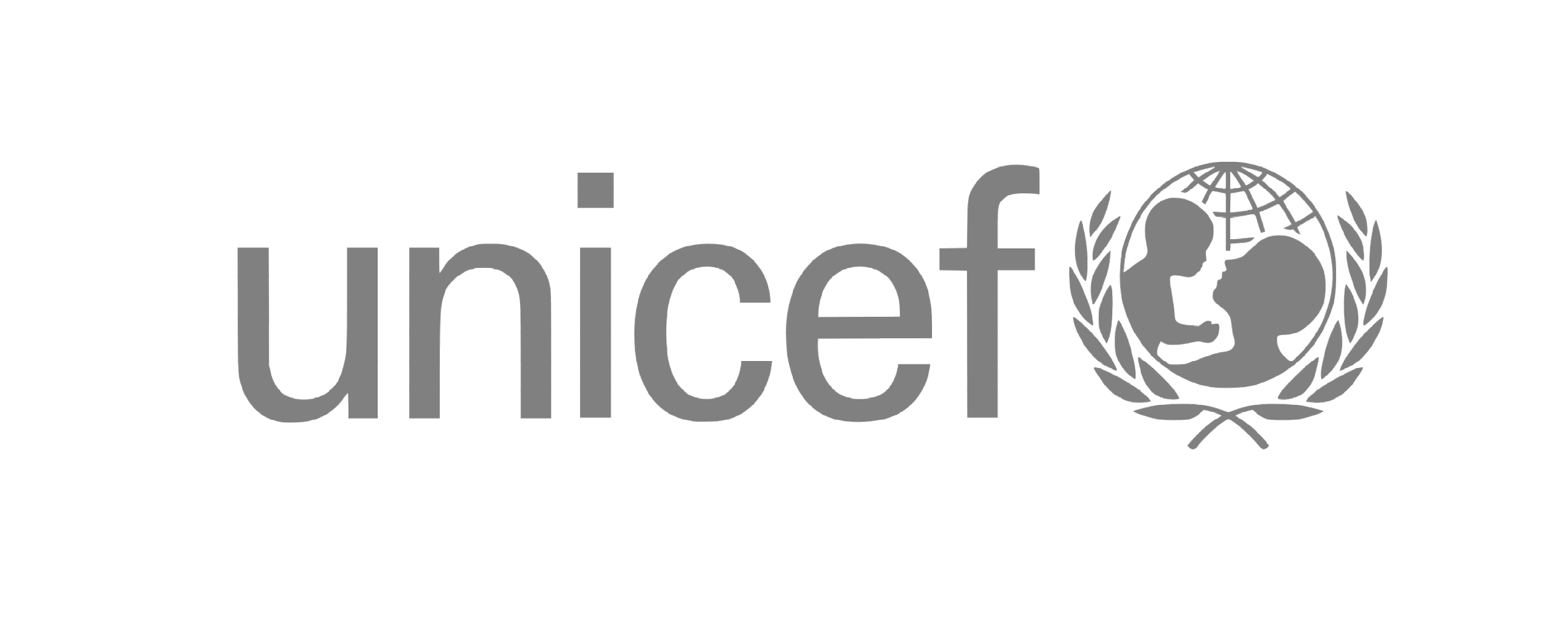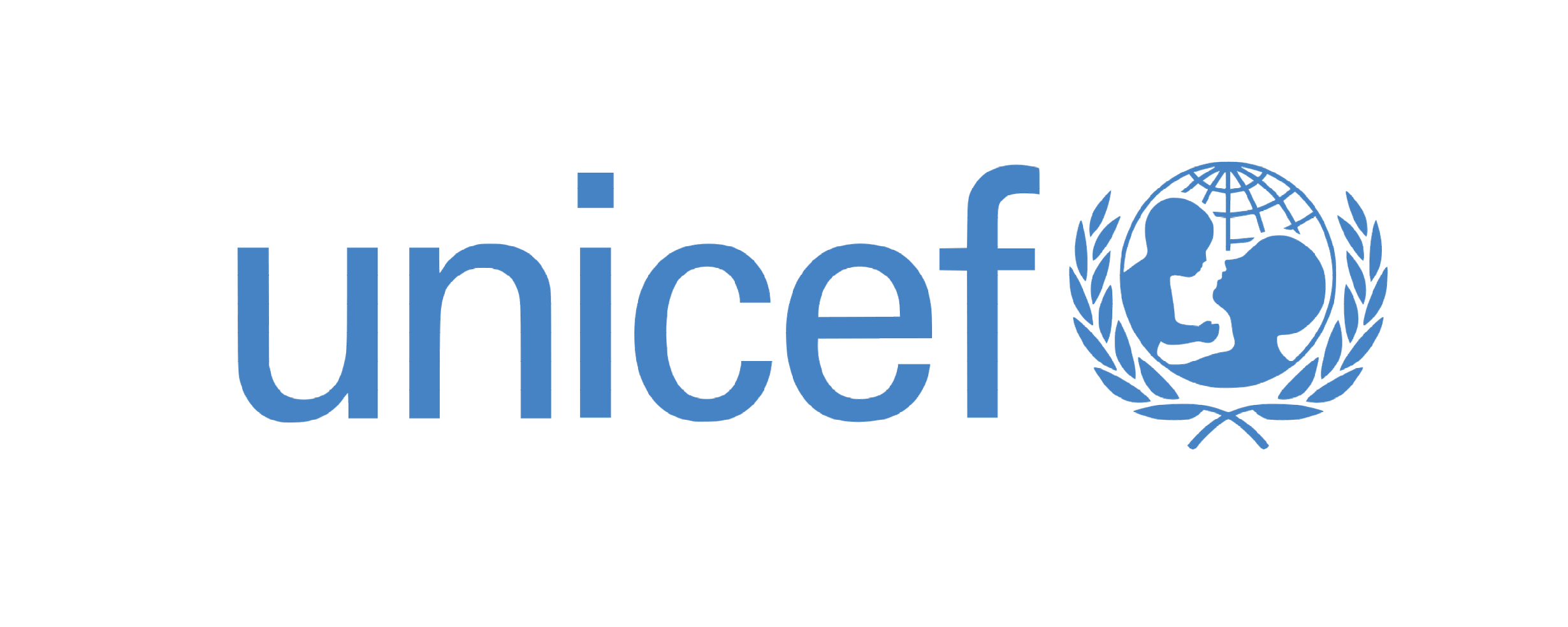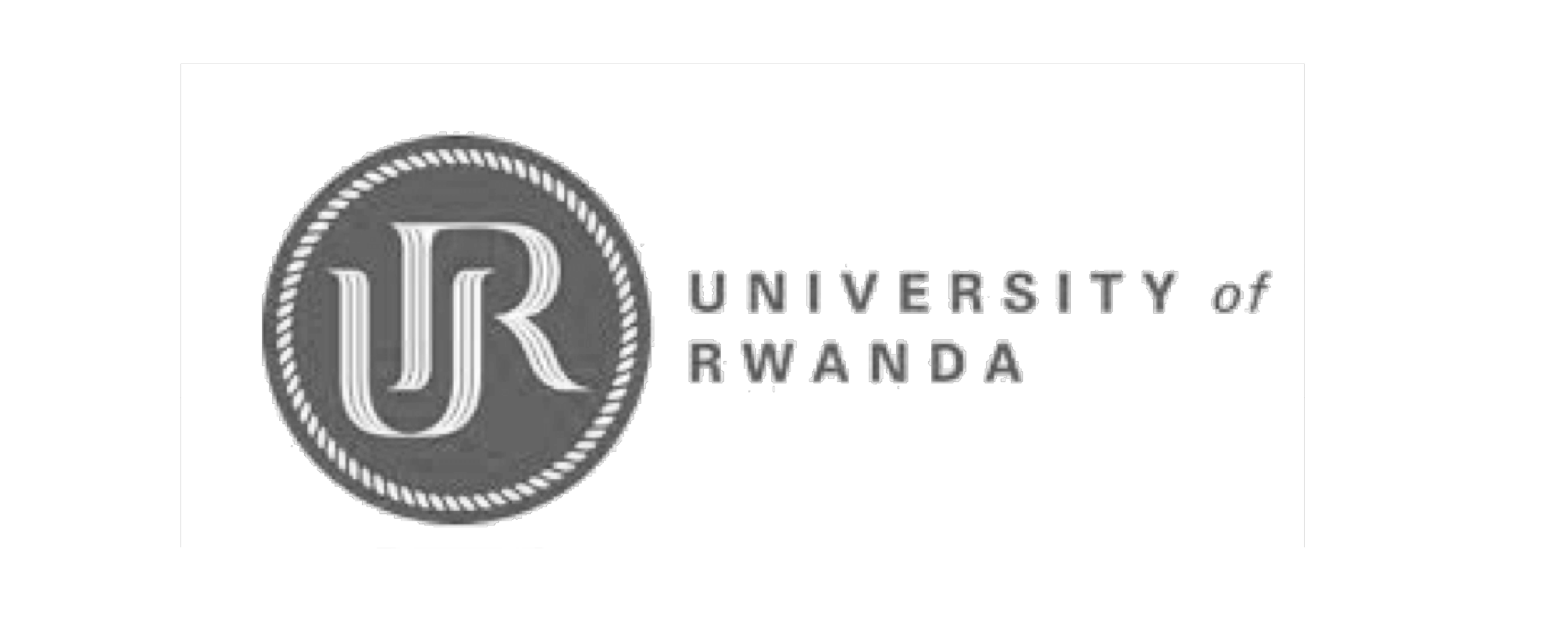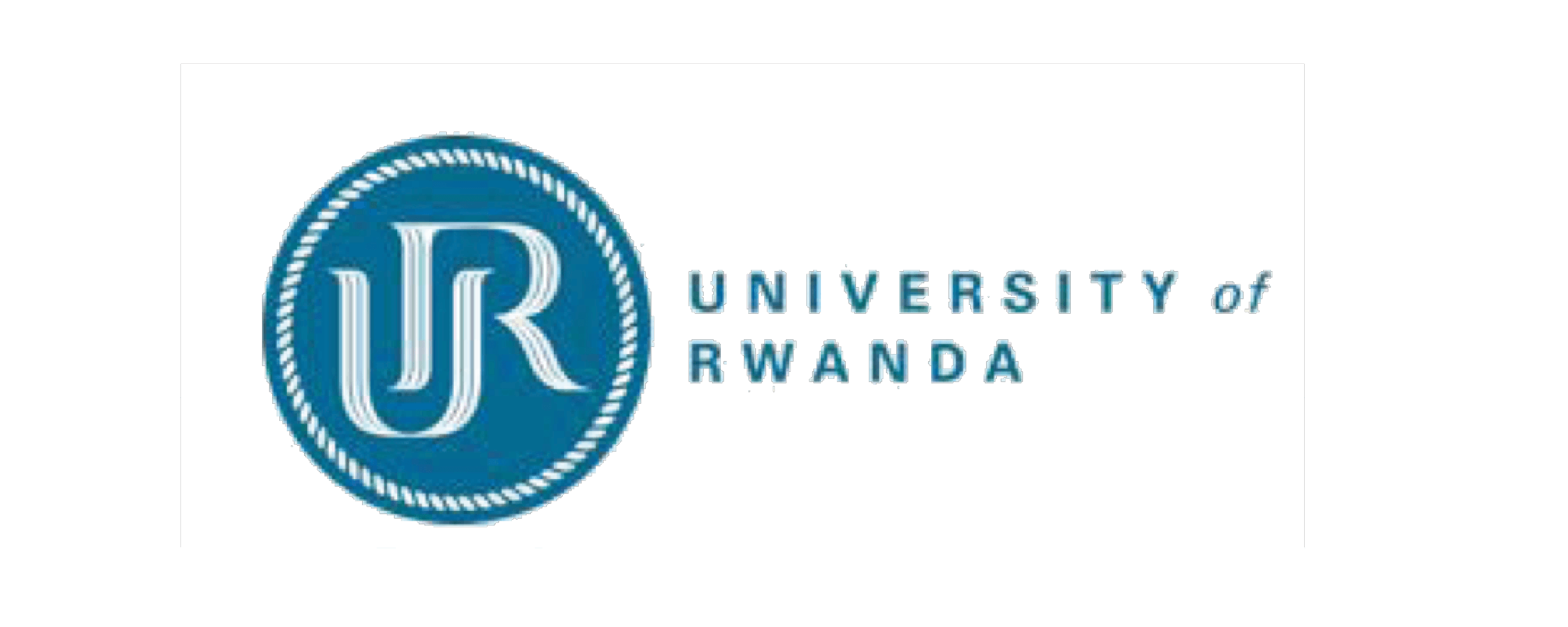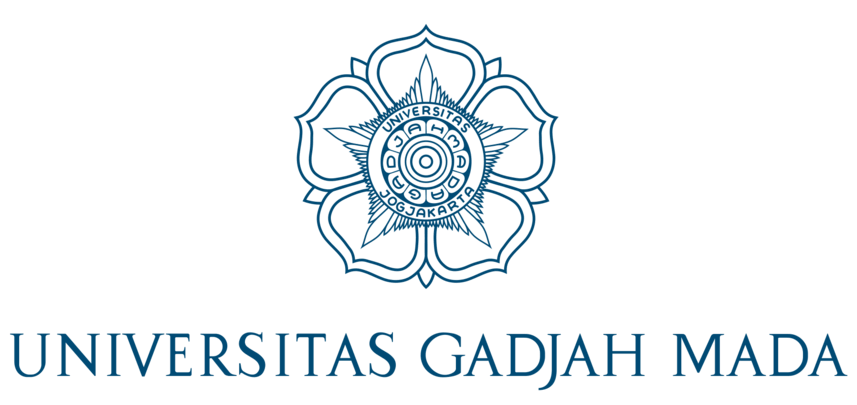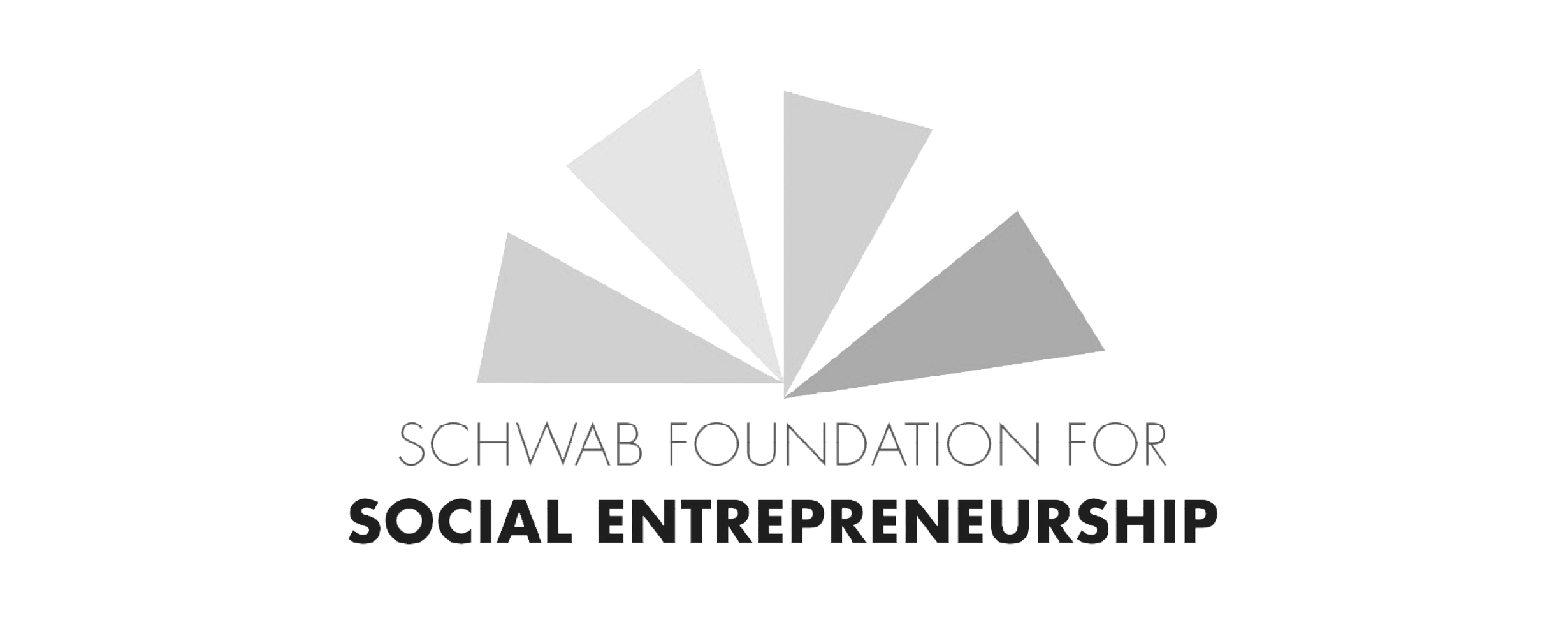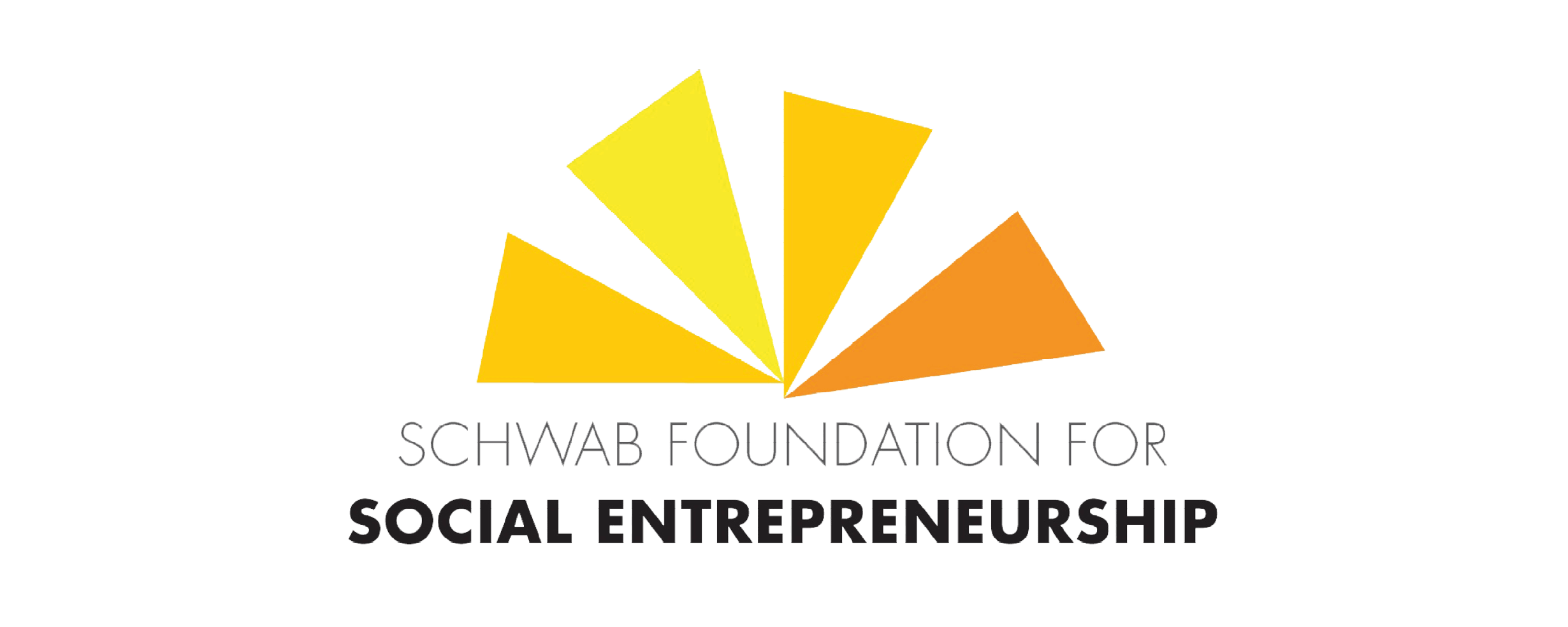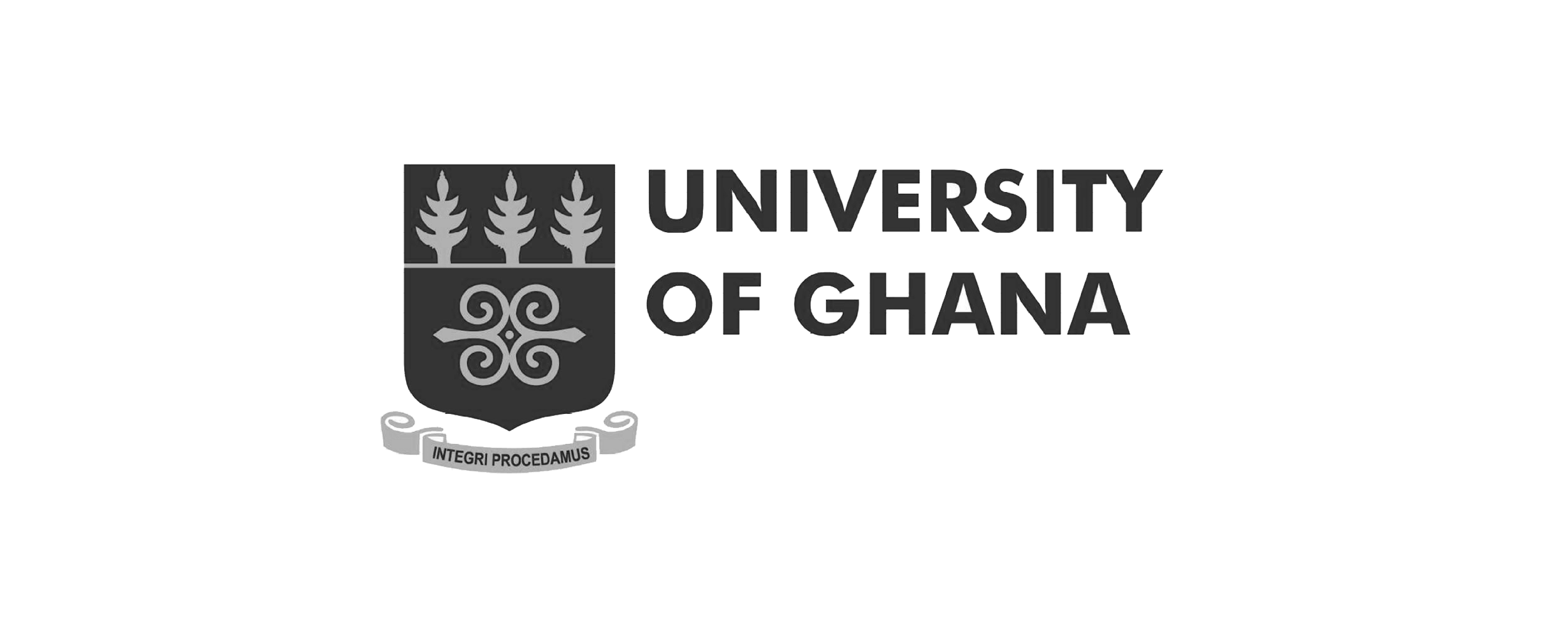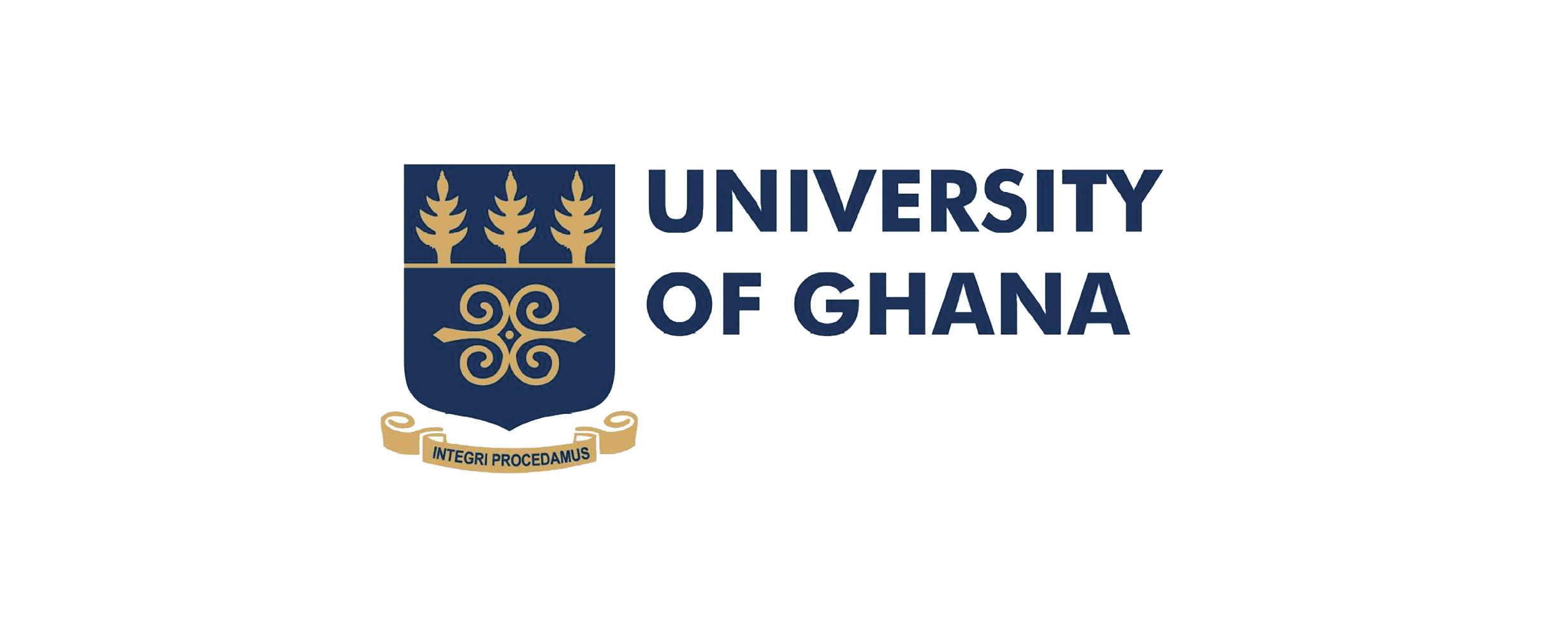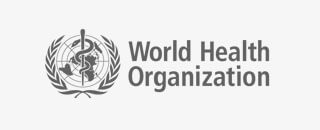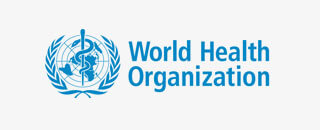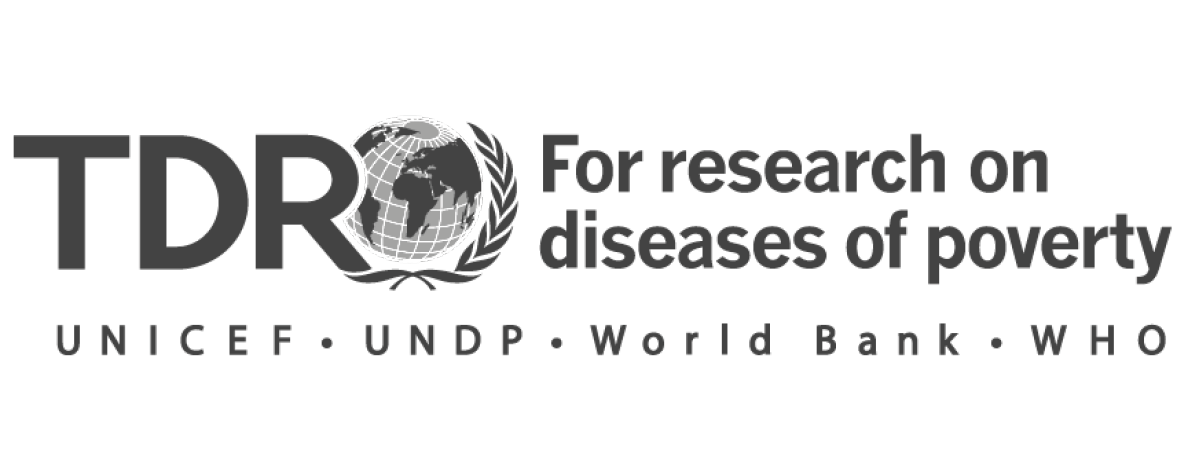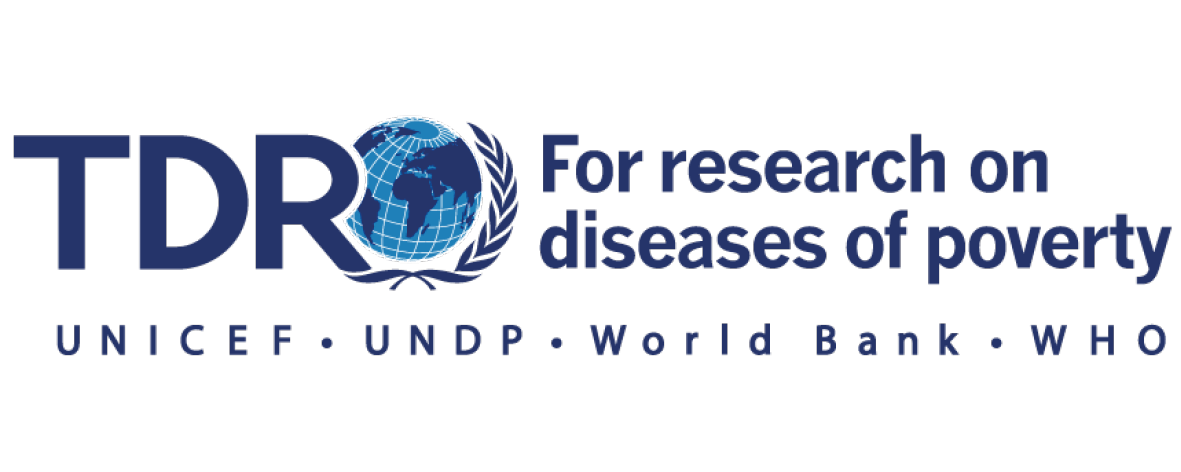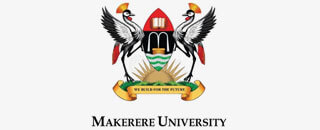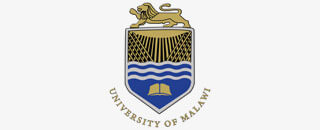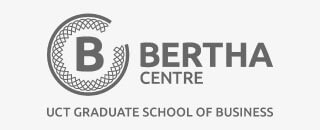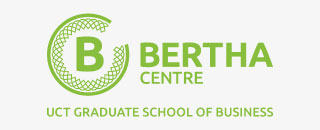SPECIAL PROGRAMME FOR RESEARCH AND TRAINING IN TROPICAL DISEASES (TDR)
Hosted at The World Health Organization
SPECIAL PROGRAMME FOR RESEARCH AND TRAINING IN TROPICAL DISEASES (TDR)
The Special Programme for Research and Training in Tropical Diseases (TDR) is a global programme of scientific collaboration that helps facilitate, support and influence efforts to combat diseases of poverty. It is hosted at the World Health Organization (WHO), and sponsored by the United Nations Children’s Fund (UNICEF), the United Nations Development Programme (UNDP), the World Bank and WHO. Its mission is to foster an effective global research effort on infectious diseases of poverty and promote the translation of innovation to health impact in disease endemic countries.
MEET THE TEAM
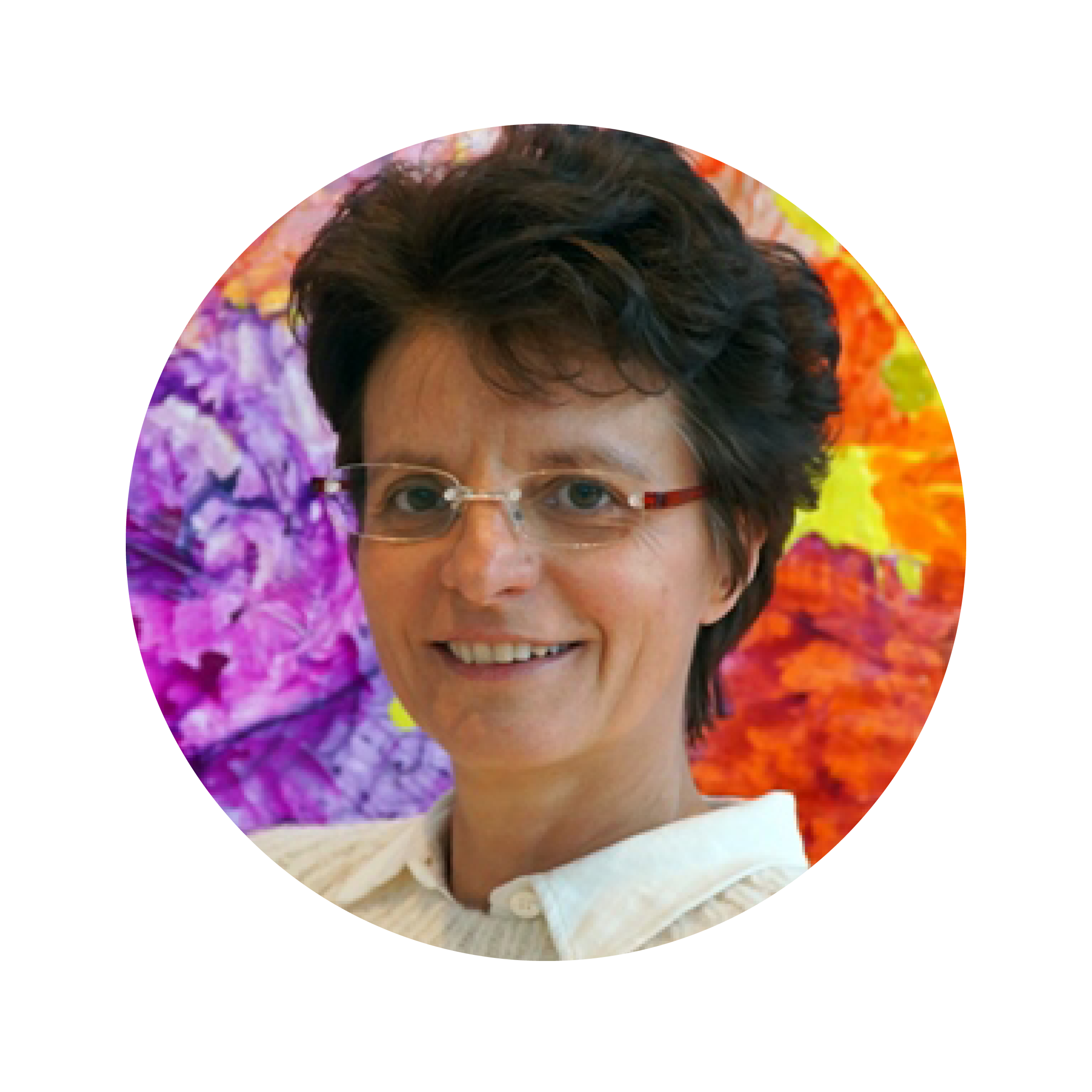
BEATRICE HALPAAP
As TDR Programme and Portfolio Manager, Beatrice strives to foster a culture of innovative management leadership and continuous performance improvement. With a great interest in making a difference for a better global health she is building upon her scientific background (pharmaceutical product research and development) and broad understanding of health research with capacity strengthening and management skills to enhance research for health care delivery in low and middle income countries. In this context Beatrice leads, at TDR, the Social Innovation in Health Initiative.
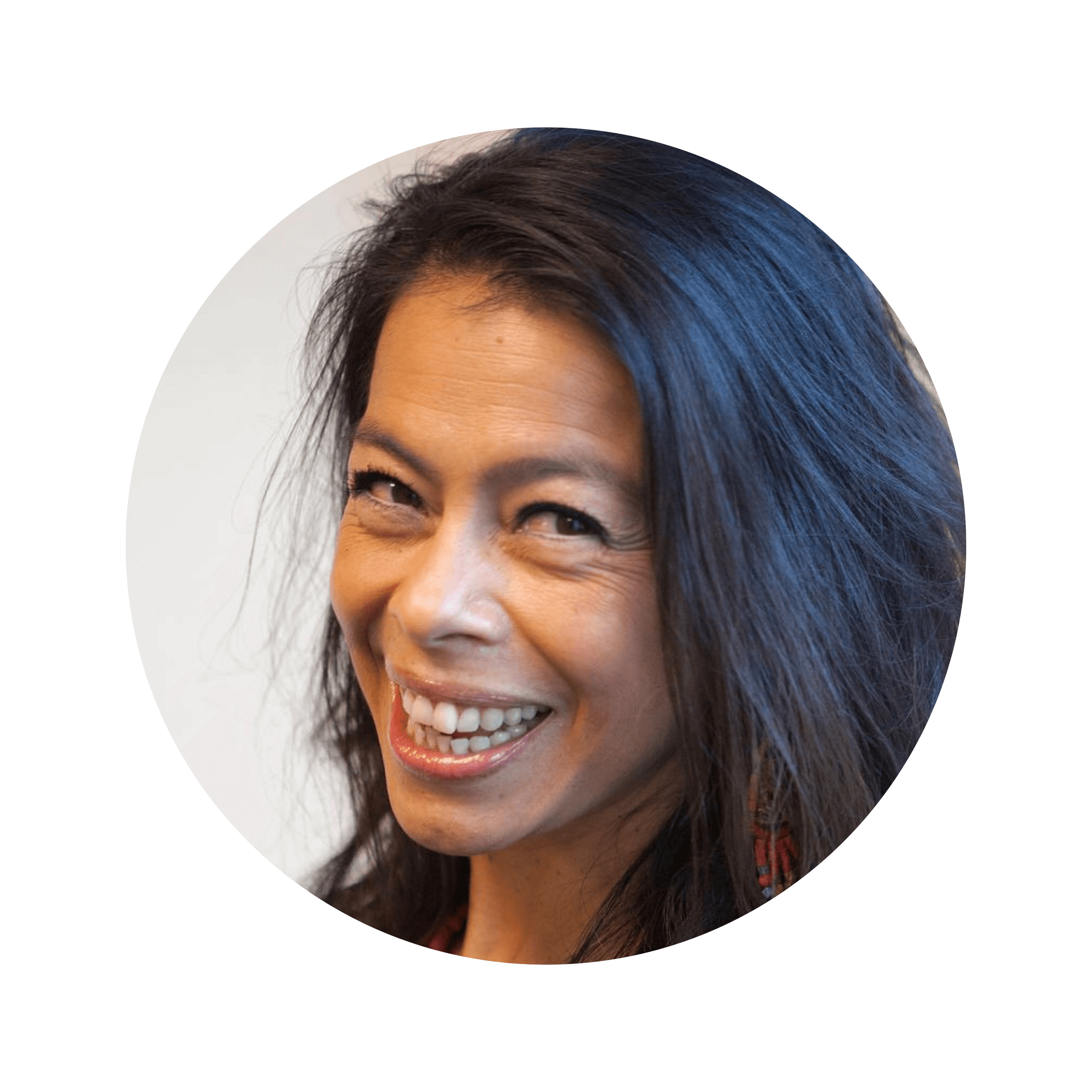
ANA GERLIN HERNANDEZ BONILLA
Ana recently joined the team to support the further development and implementation of the Social Innovation in Health Initiative (SIHI) within TDR. She is an experienced humanitarian with a passion for social entrepreneurship.
She holds a MSc in Public Health Nutrition and has over fifteen years of experience with the International Committee of the Red Cross (ICRC) in the field of nutrition, relief and livelihood support for people living in armed conflict and crisis worldwide. Her work with the ICRC included direct field work, exploratory assessments, implementation and monitoring of relief and livelihood support programmes worldwide. Her curiosity and work have taken her to the most amazing places, the most resilient and admirable people, and the most ever-challenging environments enabling her to observe and strongly believe that “people and communities are experts on their own situation, foremost responders and agents of change and development.”
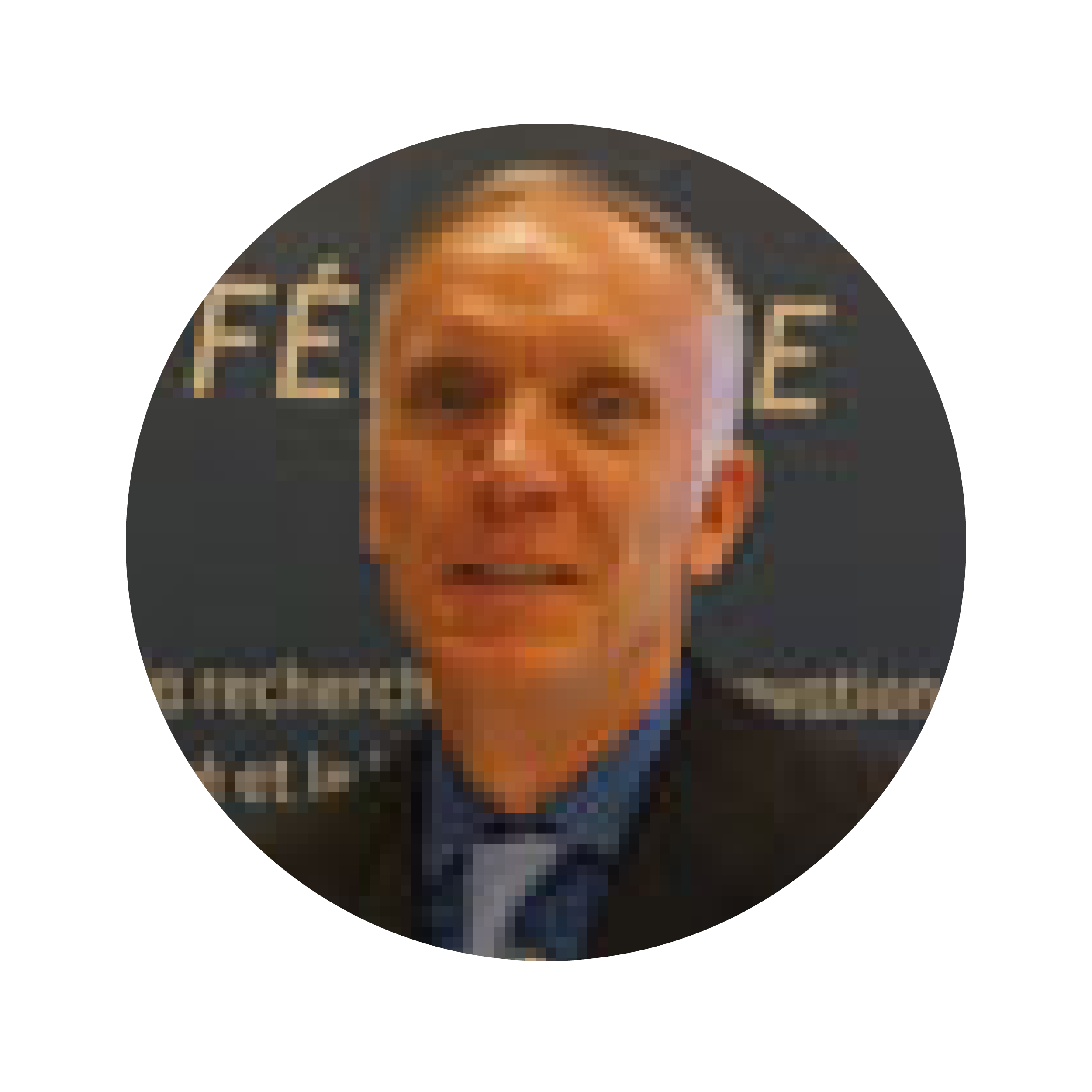
PASCAL LAUNOIS
Pascal manages projects and initiatives to strengthen research capacities at institutional level and manages the Career Development Fellowship programme. Pascal joined TDR in May 2003. Driven by curiosity, he was first attracted to TDR by its scientific reputation.
Originally an immunologist with specific expertise in clinical microbiology, Pascal brings to TDR experience he gained from being a researcher in New Caledonia, Senegal and French Guiana, as well as from heading the WHO Immunology and Training Research Center in Lausanne, Switzerland. His initial training prepared him to manage diagnostic laboratories and from there he went on to study CD4/CD8 ratios in different infectious diseases, particularly in leprosy, tuberculosis and leishmaniasis for his MD and PhD theses. He recalls a time when he worked with nine band armadillos to produce Mycobacterium leprae for his research.
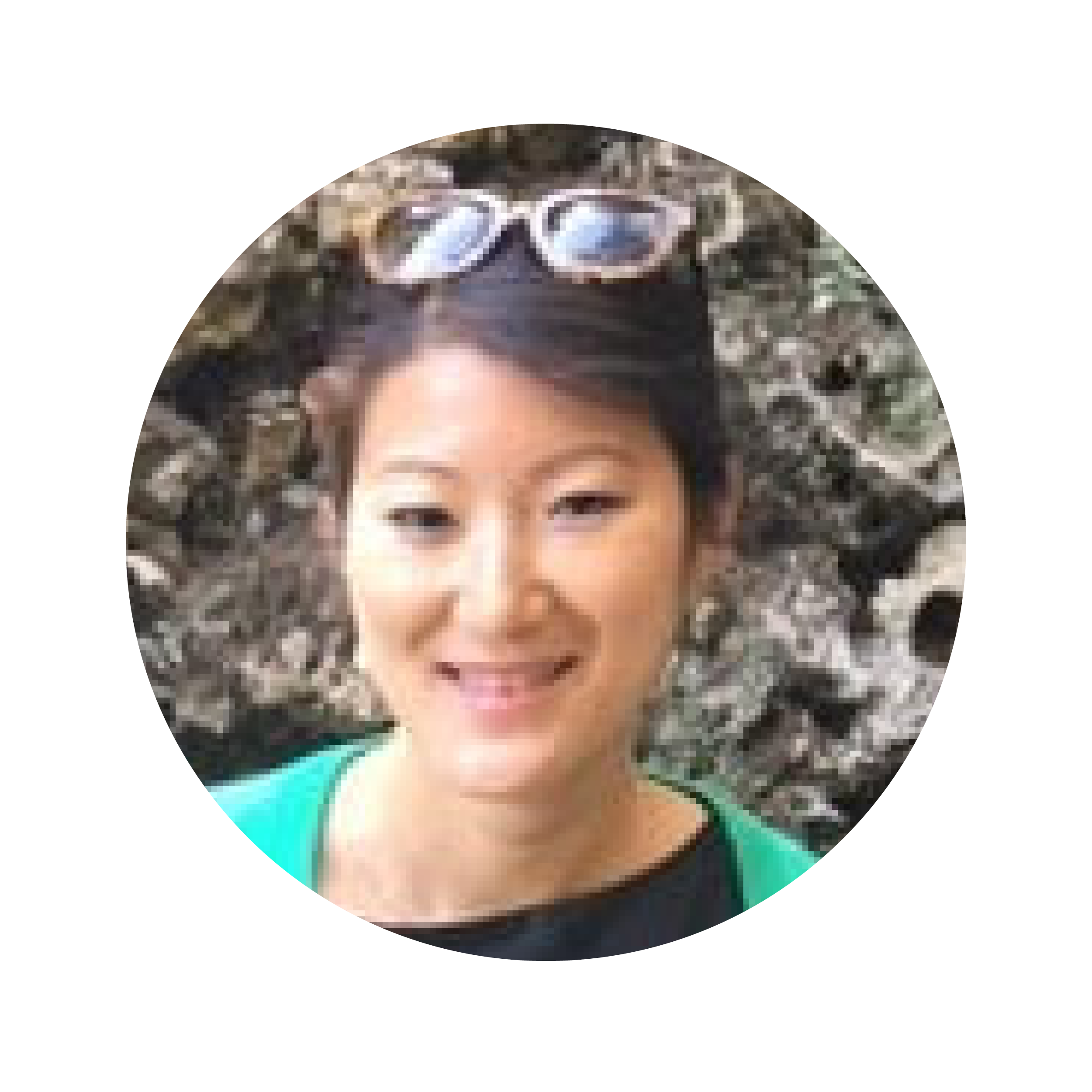
MAKIKO KITAMURA
Maki joined TDR in January 2019 as communications officer, previously supporting WHO’s Department of Information, Evidence and Research.
That followed a decade working as a journalist with Bloomberg News and Agence France-Presse (AFP) in London, Tokyo, New York and Dakar. With a background in economics and international studies, she is happy to apply her journalistic skills to tell the many exciting stories of the vast TDR community.
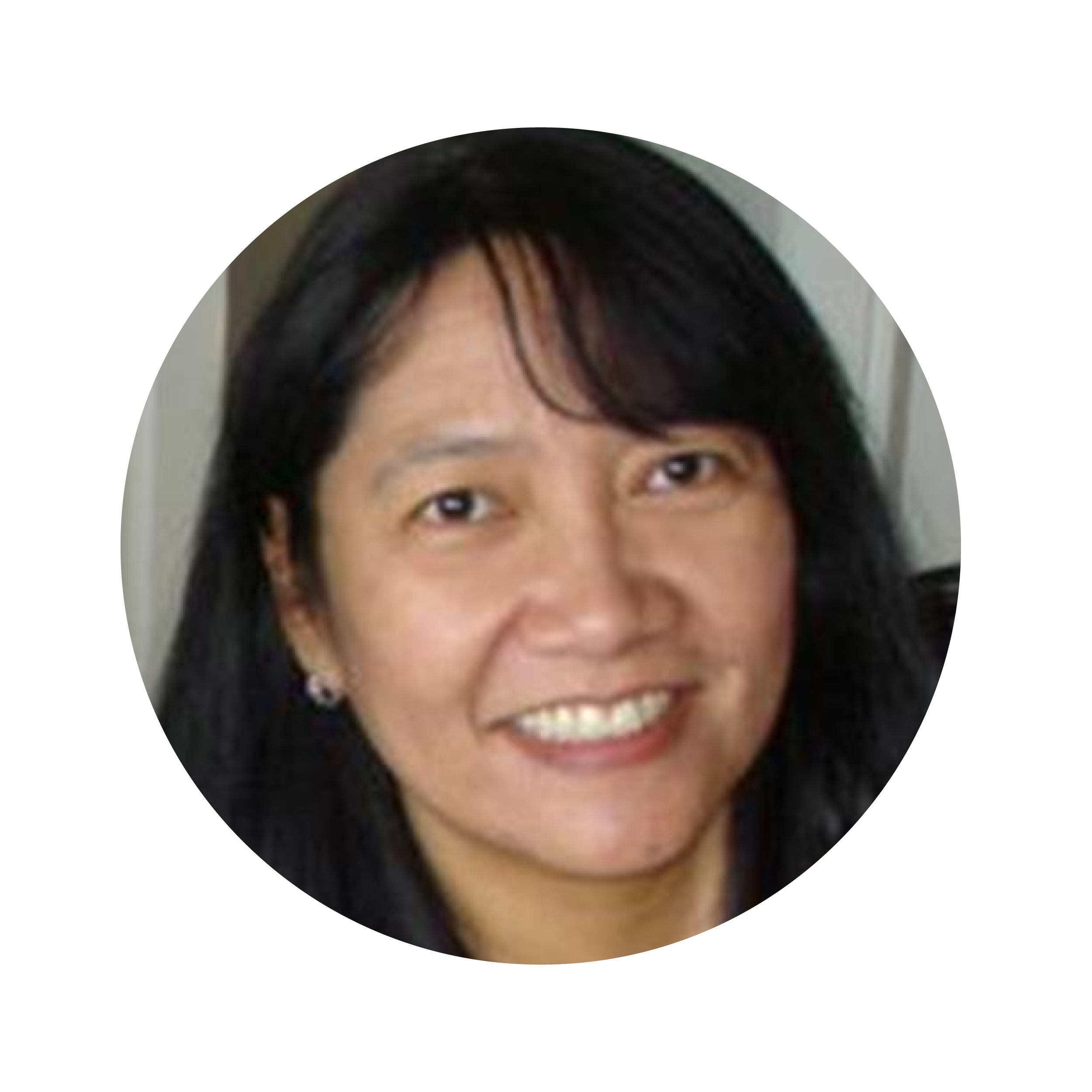
BERNADETTE RAMIREZ
Bernadette provides support for and coordinates projects studying population health vulnerabilities to vector-borne diseases and ways to increase population resilience against the impact of climate change in Africa. She joined TDR in June 2007 with over 20 years academic and research experience in health product innovation, drug discovery, vaccines and the development of diagnostics for infectious tropical diseases.
A former TDR grantee herself, she is fully aware of the challenges faced by individual researchers on the ground. Bernadette enjoys working with colleagues who are driven, motivated and passionate about what they do. “I derive my inspiration from working with a great team that believes in the value and significance of our work,” she states, adding, “when there is commitment and a shared purpose among teams, we create a work environment that is conducive to achieving goals. We are a small team, but big on dreams and goals!”
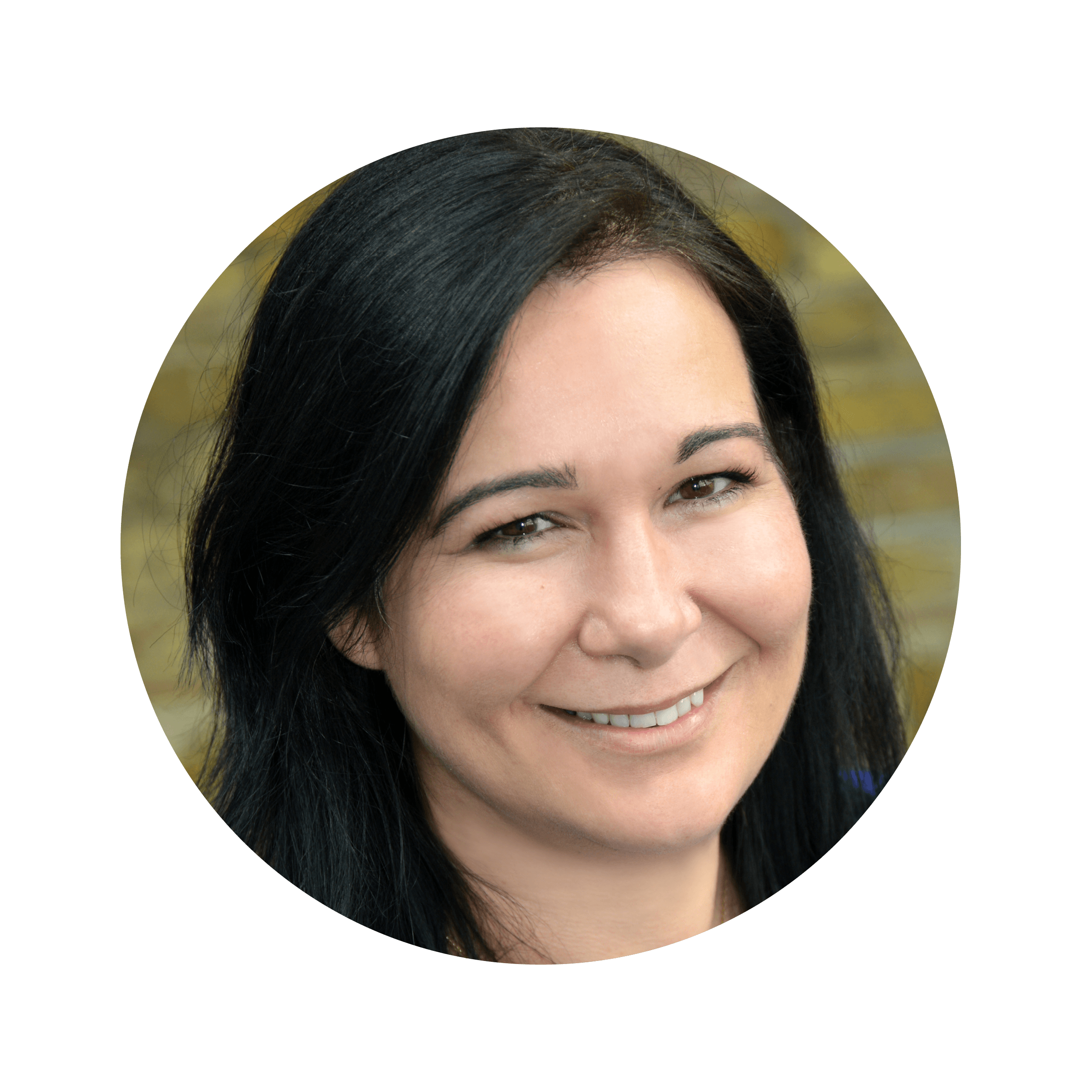
DR CORINNE MERLE
Corinne is a scientist of TDR’s Intervention and Implementation Research Unit. She is a doctor of the Faculty of Medicine of Reims University (France) with a specialization in infectious diseases and public health.
She also holds a Master of Epidemiology and Statistics (Nancy, France) and a Master of Economic & Health Policy (Paris Sorbonne, France). She has been working in the field of infectious research for almost 25 years. She spent 10 years at the London School of Hygiene and Tropical Medicine where her main research areas were tuberculosis, HIV and malaria. She joined TDR in October 2014 where her research activities focus on poverty-related diseases and implementation research. In particular, she is working on the determinants of poverty in TB patients and the role of social innovation for reducing patients’ vulnerability.
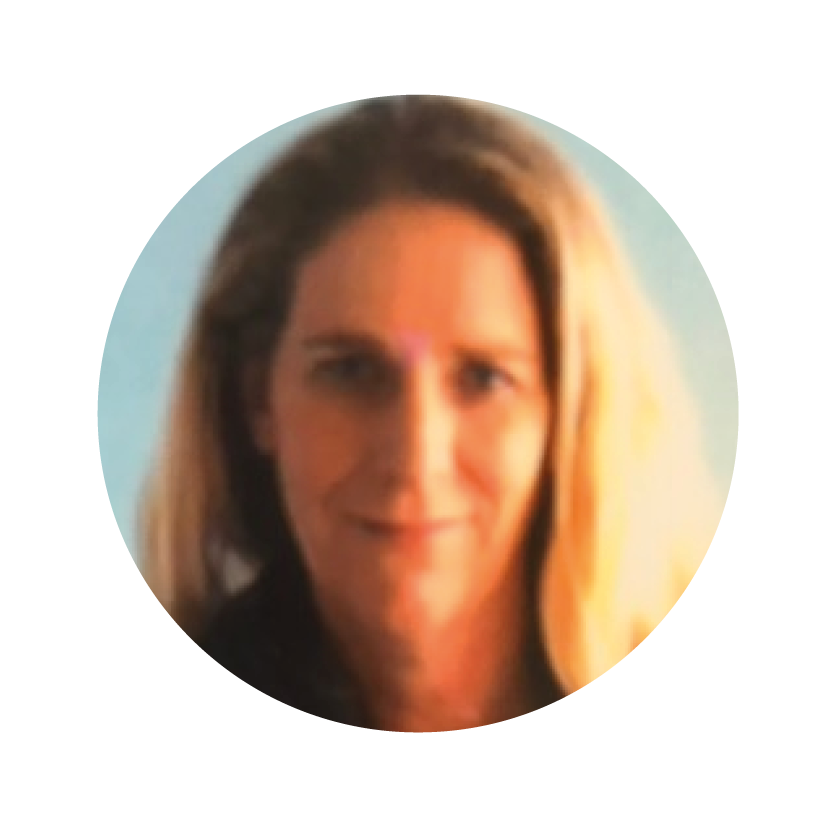
MARY JEANNE MAIER
Mary joined TDR four years ago and works as a Finance Officer in the Programme Innovation and Management team. She is responsible for financial reporting to donors and for all budgetary, administrative and financial tasks related to the different projects including social innovation.
Mary is also responsible for data management of TDR Global. She has an interest in innovative finance and hopes to further her studies in this interesting subject.
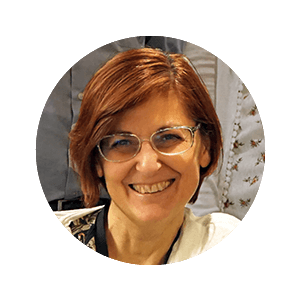
ELISABETTA DESSI
Elisabetta joined TDR in 2008, having heard about TDR’s research reputation while working in WHO’s Health Technology and Pharmaceuticals cluster.
“TDR seemed to offer the stimulating environment I enjoy,” she states, “Being part of a team that can make things really change for countries and that gives them the tools with which they can improve their health system”. She now provides administrative assistance to global engagement activities within the Director’s office, which includes promoting a broad range of community-based social innovations that are transforming health care delivery, shaping the research agenda, supporting the translation of evidence to policy and leveraging a global network of more than 7000 scientists and experts who have been associated with TDR.
SIHI INVOLVEMENT
TDR is the convening partner and provides global leadership for SIHI to (i) promote social innovation in health at the Global, regional and national levels, (ii) support research on social innovation to better understand what works, what does not work and highlight and share lessons learnt, and (iii) support research capacity building in countries and by countries.
TDR’s main aim is to expand partnership and leadership to research institutions in low and middle income countries and build the capacity to embed research in social innovation.
a. Building capacity to embed research in social innovations
Enhancing leadership in low and middle income countries – Financial support to the development of Country Social Innovation Research Hubs and support for research in the global south (Uganda, Malawi, Philippines mentored by LSHTM)
Developing tools – Coordinate and support the development of a research approach and set of tools for social innovation in health (TDR convening of experts)
Disseminating results –Coordinate the publications on case study research
b. Getting evidence on how best to engage government
Identifying funds and synergies with collaborators to conduct research to better understand factors influencing decision makers’ engagement
c. Enhancing collaboration, global engagement and resource mobilization
- Providing leadership to SIHI
- Coordinating collaborations and synergies
- Enhancing advocacy through TDR e-news
- Reaching out to international organizations for advocacy and collaborations
- Identifying new funding sources for 2018-2019
“Social innovation in health has a played an amazing role in strengthening health systems and contributing to Universal Health Coverage. Its community driven approach in bringing various health system actors together to identify issues, develop solutions and implement these is fully in line with the Global Development agenda for 2030. Building upon its historic engagement in research on community
based implementation, TDR believes it has a great role to play in advancing social
innovation in health and is very excited to see research institutions in low and middle
income countries play a leading role in advancing social innovation in health. ”
